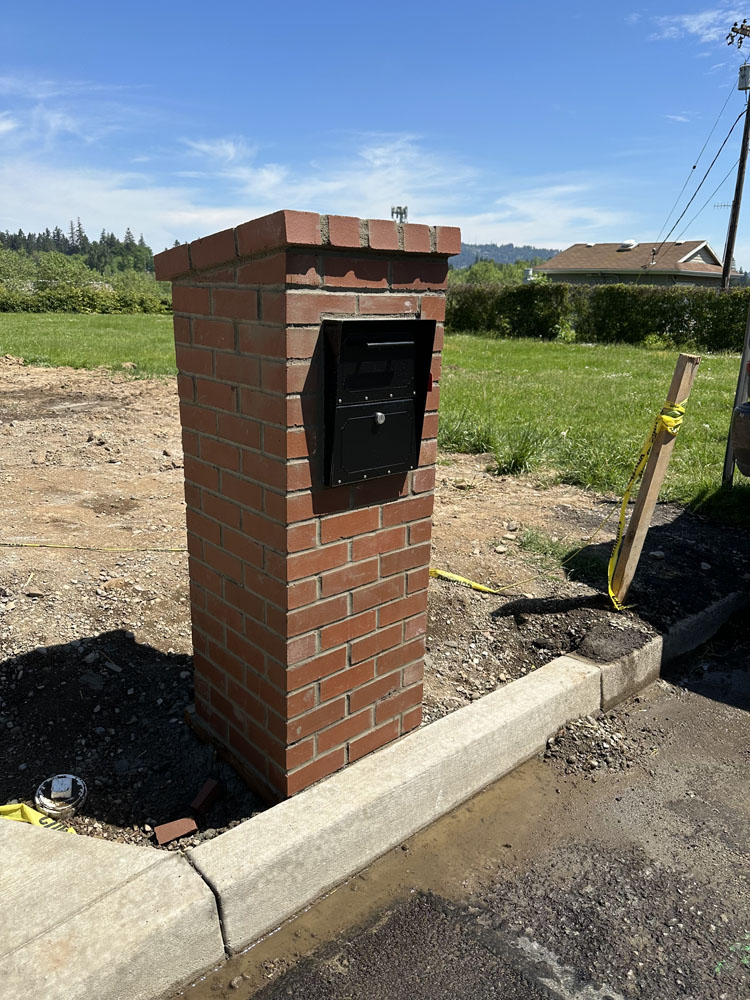Masonry is a time-honored craft, and if you're looking to hire a masonry contractor for your next project, you want to ensure you're making the right choice. Whether it's a simple brick wall or Masonry Contractor an elaborate stone façade, the https://pingdirapp51.directoryup.com/newberg/top-level-category/ramos-masonry-construction-company qualifications of your mason can significantly impact the durability, appearance, and value of your project. In this article, we’ll explore the key qualifications you should not ignore in your next mason. We'll dive deep into what makes a great masonry contractor and what you should look for to get the best results.
Understanding Masonry: A Brief Overview
Masonry involves constructing structures from individual units laid in mortar. This could include brick, stone, concrete blocks, or other materials. It’s a skilled trade that combines artistry and engineering principles. So, why is hiring the right mason crucial?
The Importance of Hiring a Skilled Mason
Hiring a skilled masonry contractor ensures that your project will be executed with precision and care. Poor workmanship can lead to unsightly results or even structural failures down the line.
Common Types of Masonry Work
Before we dive into qualifications, let's briefly review the types of masonry work:
- Brickwork: Using fired clay bricks. Stonework: Employing natural stones like granite or limestone. Blockwork: Utilizing concrete blocks for structures. Paving: Creating durable outdoor surfaces.
Each type requires different skills and experience levels.
Key Qualifications You Should Not Ignore in Your Next Mason
When it comes to selecting a masonry contractor, here are some qualifications you absolutely should not overlook.
1. Relevant Experience in Masonry
Experience is one of the most vital factors when hiring a mason. But how much experience is enough?
Why Experience Matters
A seasoned masonry contractor has likely encountered various challenges and learned how to overcome them effectively. They also possess a portfolio showcasing their previous work.
What to Look For
- Years in business Types of projects completed Customer testimonials
2. Proper Licensing and Insurance
You wouldn’t want just anyone working on your property, right?
Licensing Requirements
Make sure that the mason holds valid licenses as required by local regulations. This ensures they have met industry standards.
Importance of Insurance
Insurance protects both parties in case something goes wrong during the project.
3. Strong References and Reviews
Word-of-mouth is invaluable when it comes to choosing any contractor.
How to Check References
Ask for references from recent projects and take time to follow up with those clients about their experiences.
Online Reviews
Websites like Yelp or Angie's List can provide insights into customer satisfaction levels.
4. Knowledge of Modern Techniques and Materials
Masonry isn’t just about laying bricks; it involves using modern techniques too!
Why Staying Updated Is Important
The construction industry evolves; thus understanding new materials can improve efficiency and longevity.
5. Attention to Detail
Ever heard that "the devil's in the details"? This couldn’t be more true for masonry work!
Signs of Detail Orientation
Look at previous projects closely—are seams straight? Is there consistent mortar distribution?
6. Problem-Solving Skills
Not everything goes according to plan; thus, a good mason must be able to think on their feet.
Examples of Problem Solving in Masonry Work
- Adjusting plans due to weather conditions Modifying designs based on site limitations
7. Communication Skills
You need someone who communicates effectively throughout your project!
Importance of Clear Communication
A good mason will keep you informed about progress and any issues that arise.
8. Commitment to Safety Practices
Safety should always come first on any job site.
What Safety Practices Should Be Followed?
Look for contractors who prioritize safety training and have protocols in place.
FAQs about Hiring a Mason
Q1: What should I ask my masonry contractor before hiring?
A1: Inquire about their experience, past projects, licensing status, insurance coverage, and references from previous customers.
Q2: How do I know if my mason is reliable?

Q3: What types of materials do masons typically use?
A3: Common materials include bricks, natural stones (like granite), concrete blocks, glass blocks, and more depending on the project's requirements.
Q4: How long does masonry work usually take?
A4: The duration depends on several factors including project size and complexity but generally ranges from days for small repairs to weeks for larger installations.
Q5: Can I see examples of previous work done by my mason?
A5: Absolutely! A reputable contractor will be happy to show off their portfolio or even provide site visits if possible!
Conclusion
Choosing the right masonry contractor is no small task—but it's worth every bit of effort! By focusing on these key qualifications you should not ignore in your next mason—experience, licensing & insurance, strong references & reviews—you'll ensure that your project stands strong against time while looking fabulous! Whether you're building a new home or renovating an old structure, remember that quality craftsmanship starts with selecting qualified professionals who understand their craft inside out.
So take your time when making this decision; after all, good masonry isn’t just about bricks—it’s about laying down solid foundations for years ahead!